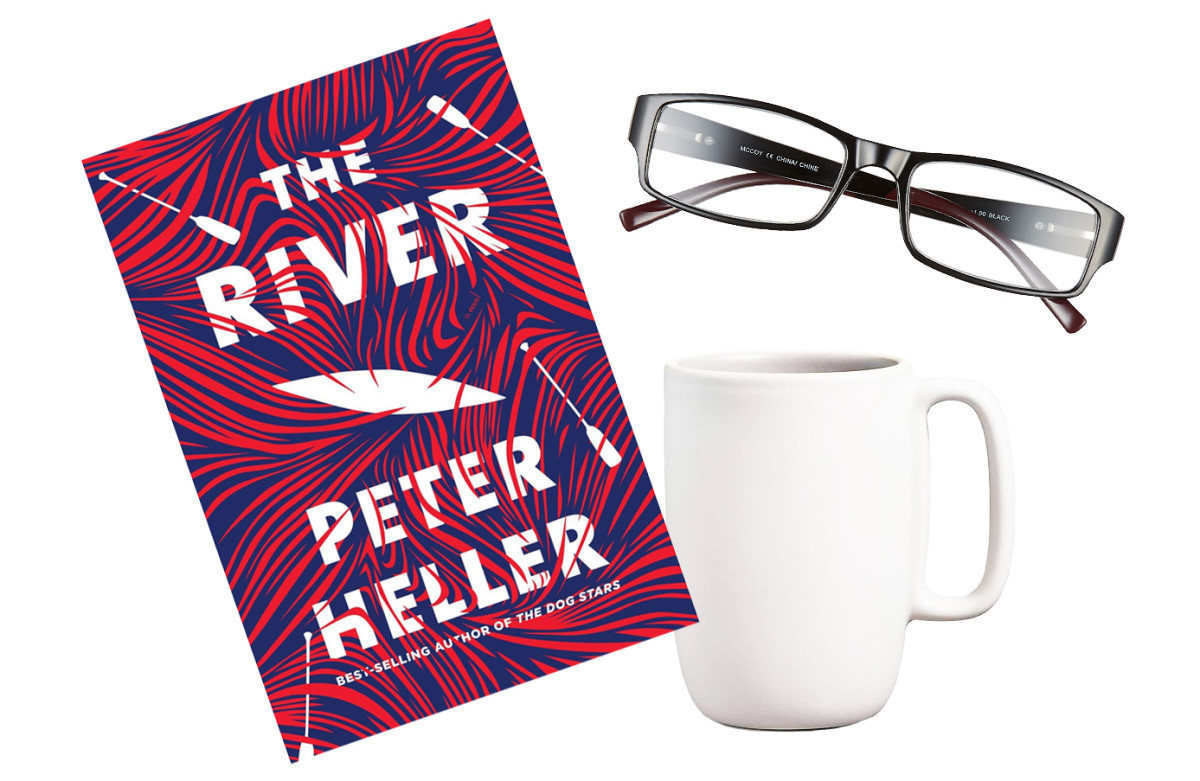


Now, though, Wynn and Jack have a big problem.Īt first they thought it was the sun, but it was far too late for any lingering sunset and there were no cities in that direction for a thousand miles. They have plenty of supplies, are both good fishermen, and the blueberries, which they both love, are plentiful. There was a delicate but strong balance of risk versus caution in their team thinking, with the roles often fluid, and it’s what made them such good partners.Īnd it is heaven, at least for a while. Sometimes one had more appetite for danger, sometimes the other.

They had paddled many rivers together in the two years they’d known each other and climbed a lot of peaks. They’ve taken countless canoeing and outdoor trips together, so a canoe journey down the Maskwa River in northern Canada seems just like heaven. Wynn is a big guy with a big heart, always eager to see the good in everyone. Jack and Wynn have been best friends since their college days at Dartmouth, sharing a love of books and the outdoors. The River clocks in at only about 250 pages, but it packs quite a punch. If you haven’t yet read a book by Peter Heller, you’re in for a treat. But none of that really affects the utter joy contained in this book, which is a suspenseful tale told with glorious drama and lyrical flair.The River by Peter Heller is the story of two college students on a wilderness canoe trip and a gripping tale of a friendship tested by fire, white water, and violence. This social positioning tempers the peril a little, making the boys seem like adventure-tourists who could have done something else with their academic sabbaticals.

There is a tendency toward status-flagging in this novel. He brilliantly describes the physical process of wild living. has an extraordinary facility for describing topography and vegetation we can feel the sharpness of the rocks and the trilling excitement of the river as it approaches rapids. The River is a fiction addition to the New Landscape writing of Robert Macfarlane and Rebecca Solnit, prose so vivid and engaging that a city-dwelling reviewer can feel the clammy cold of a fog over a river or the heat of subterranean tree roots burning underfoot in the aftermath of a fire. Initially reads as slightly puritanical - drunks are bad, fat people are dumb, Jack and Wynn are handsome and good at everything - but this tendency reverses so completely and shockingly at the end that it can almost, but not quite, knock any smugness from a reader.


 0 kommentar(er)
0 kommentar(er)
